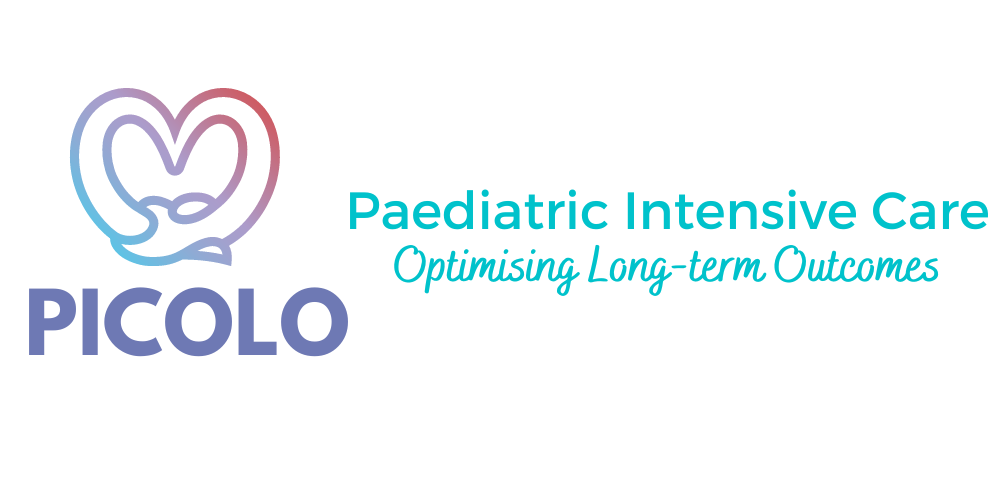NITRIC FOLLOW-UP Study
Gene Expression to Predict Long-Term Outcome in Infants After Heart Surgery – A multicentre prospective trial:
The NITRIC Follow-up Study
Large longitudinal population-based studies assessing long-term outcome are lacking.
One out of four infants undergoing heart surgery develop a harmful response to CPB, which leads to low cardiac output syndrome (LCOS). LCOS results in prolonged (multi-) organ dysfunction related to hypotension, organ hypoperfusion, renal failure, and brain ischemia.
LCOS translates into adverse short-term outcomes (LCOS, need for extracorporeal life support (ECLS), and death), and determines adverse long-term outcomes manifesting into school age and beyond.
Each year, over 1000 children with congenital heart disease (CHD) in Australia require heart surgery.
The short and long-term outcomes of these children are primarily determined by pre-existing comorbidities and genetic factors, direct impact of the surgical intervention, the response to cardiopulmonary bypass (CPB), and the consequences thereof during their intensive care stay.
Neurodevelopmental disabilities remain amongst the most common, and the most damaging, outcomes in children undergoing surgery for CHD.
Currently, there are no reliable, sensitive, and rapid predictors for LCOS or adverse early and long-term outcomes. In addition, the concept of LCOS remains poorly understood, and clinical evidence indicated highly variable presentations, suggestive of variability of host response.
Preventive strategies to reduce LCOS remain of limited effectiveness. Thanks to rapid sequencing technology, discriminative patterns of the individual response to CPB can now be tested in real-time.
Transcriptomics therefore has huge potential to unravel the mechanisms underlying adverse outcomes after CPB surgery, to reveal biological phenotypes, and to identify novel interventional strategies.
If you would like to know more about the NITRIC FOLLOW-UP Study, please contact us or visit our website www.nitricfollowup.com



